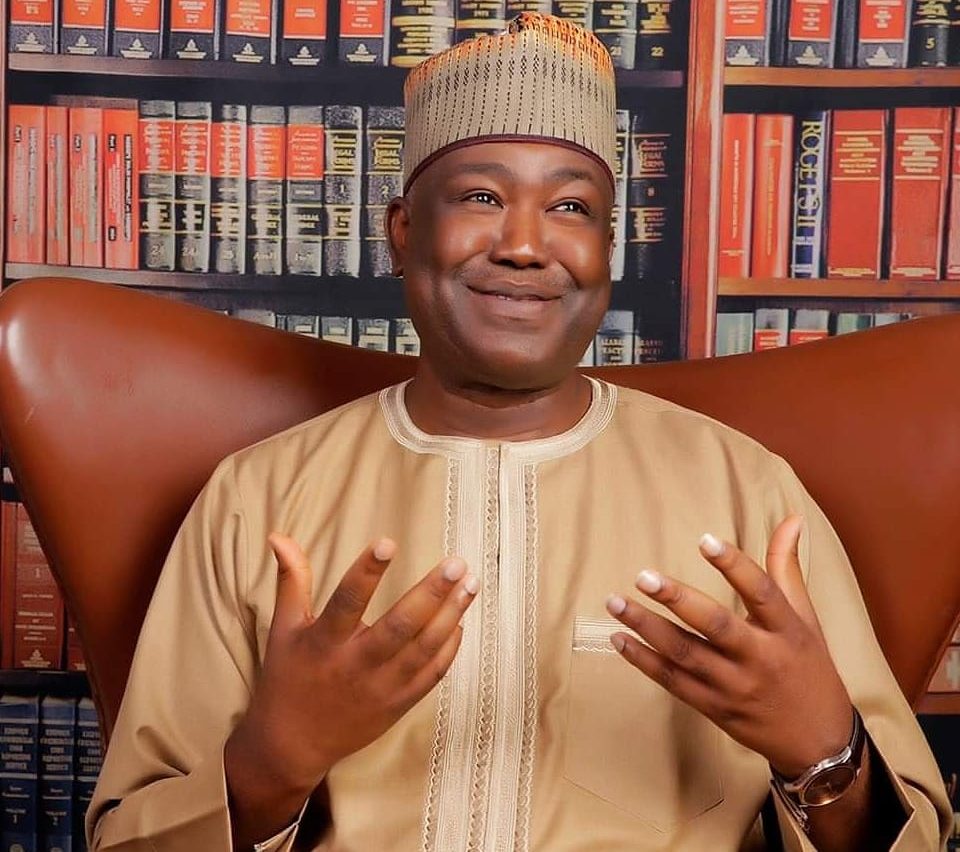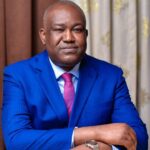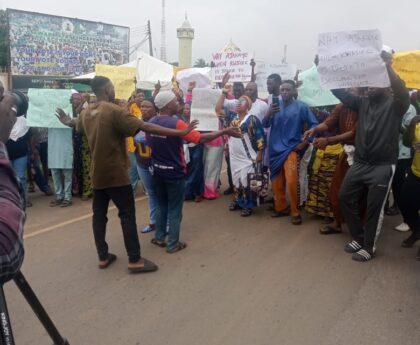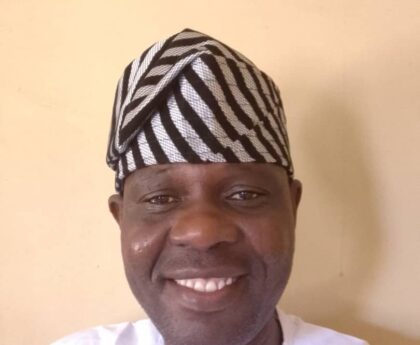The political history of Kwara State cannot be told without the name Gbenga Olawepo-Hashim.
Long before the Otoge movement swept the Saraki dynasty from power in 2019, Gbenga was already laying its intellectual and organizational foundations.
Between 2003 and 2007, he actively led the struggle to challenge Saraki’s dominance, building structures and mentoring the very actors who would later become Otoge’s frontline warriors.
Many of today’s political heavyweights in Kwara, across both the All Progressives Congress (APC) and the People’s Democratic Party (PDP) trace their political origins to Gbenga.
Some were brought into politics by him, others were trained under his watch, and many had their first political platforms provided through his efforts.
His imprint is visible in both camps because he is, quite literally, one of the architects of the political class that unseated the old order.
Until recently, the PDP in Kwara bore the indelible stamp of the Saraki dynasty.
For dissatisfied APC members, especially those who rode the Otoge wave to power but became disillusioned, the PDP was not a viable refuge, joining it felt like returning to the very system they had fought to dismantle.
Gbenga Olawepo-Hashim’s defection changes that calculation entirely. His Otoge credentials make him a bridge between two worlds, the anti Saraki political identity that still resonates with many Kwarans, and a PDP platform that now feels open to reform minded defectors from the APC.
In short, Gbenga’s presence neutralizes the old stigma attached to PDP and transforms it into a legitimate alternative for APC dissidents.
With Gbenga in the PDP, the party’s recruitment drive can now tap into networks that were previously closed off.
Dissatisfied APC members who once felt politically homeless can now find a comfortable landing in PDP without compromising their Otoge values.
This realignment could significantly alter the electoral map in 2027. It creates the possibility of a PDP that combines its traditional base with Otoge aligned defectors, presenting a more formidable challenge to APC dominance.
And with Gbenga’s history of grassroots mobilization, strategic training, and policy driven politics, the party could gain both organizational muscle and intellectual depth.
Gbenga’s political influence is not confined to party structures. His role in shaping Kwara’s political consciousness means his endorsements, strategies, and mobilization efforts carry weight across political lines.
In Kwara politics, Gbenga Olawepo-Hashim is not just a participant; he is an originator. From planting the seeds of Otoge to now redefining PDP’s appeal, his trajectory underscores the fluid nature of political identity in the state.
If the PDP understands the value of his entry and strategically harnesses it, the party could become the unexpected beneficiary of a political shift that Gbenga himself helped set in motion nearly two decades ago.





